MS008 - Mesh Adaptation, Deformation, and Optimization: Methods and Applications
Keywords: Applications, Mesh Adaptation, Mesh Deformation, Mesh Optimization, Numerical Methods
While automatic meshing methods like mesh adaptation, deformation, and optimization have been studied for years, they are becoming more and more important in modern simulation. Such methods automatically adjust the mesh in response to the numerical solution of the associated partial differential equation (PDE) to efficiently capture the PDE features which typically occur at various scales.
This increasing importance stems from several factors. First, the simulations undertaken today have become so complex that automated adaptive meshing becomes a necessity. Examples are unsteady, multiphysics flow problems such as cardiac simulations involving arrhythmias, multiphase flows in hydrodynamics or industrial processes, turbulent and vortical flows in aerodynamics, etc. Second, the evolution of PDE discretization methods and algorithms is a challenge for mesh adaptation techniques. This is particularly true for meshing algorithms designed for applications involving deforming domains, massively parallel solvers, and high-order mesh adaptation methods that help exploit the full potential of recent high-order spatial discretization schemes. Third, competing objectives, such as improving smoothness, reducing approximation error, and improving mesh quality require advanced optimization algorithms to be employed. Finally, there is an increasing need in the industry for simulation technologies that can be used by application engineers who possess limited numerical knowledge, or which can be integrated in automated workflows. In this framework, automatic mesh adaptation procedures aimed at replacing the expertise of mesh generation specialists, are indispensable.
The goal of the minisymposium is to provide a meeting place to discuss meshing in the context of modern simulation, bringing together researchers who focus on the development of advanced methods in mesh adaptation, deformation, and optimization, with those who apply adaptive mesh techniques to advanced applications in science and engineering. We welcome contributors from mathematicians, computer scientists, and engineers who work in the fields of mesh adaptation, deformation, and optimization.
This increasing importance stems from several factors. First, the simulations undertaken today have become so complex that automated adaptive meshing becomes a necessity. Examples are unsteady, multiphysics flow problems such as cardiac simulations involving arrhythmias, multiphase flows in hydrodynamics or industrial processes, turbulent and vortical flows in aerodynamics, etc. Second, the evolution of PDE discretization methods and algorithms is a challenge for mesh adaptation techniques. This is particularly true for meshing algorithms designed for applications involving deforming domains, massively parallel solvers, and high-order mesh adaptation methods that help exploit the full potential of recent high-order spatial discretization schemes. Third, competing objectives, such as improving smoothness, reducing approximation error, and improving mesh quality require advanced optimization algorithms to be employed. Finally, there is an increasing need in the industry for simulation technologies that can be used by application engineers who possess limited numerical knowledge, or which can be integrated in automated workflows. In this framework, automatic mesh adaptation procedures aimed at replacing the expertise of mesh generation specialists, are indispensable.
The goal of the minisymposium is to provide a meeting place to discuss meshing in the context of modern simulation, bringing together researchers who focus on the development of advanced methods in mesh adaptation, deformation, and optimization, with those who apply adaptive mesh techniques to advanced applications in science and engineering. We welcome contributors from mathematicians, computer scientists, and engineers who work in the fields of mesh adaptation, deformation, and optimization.

